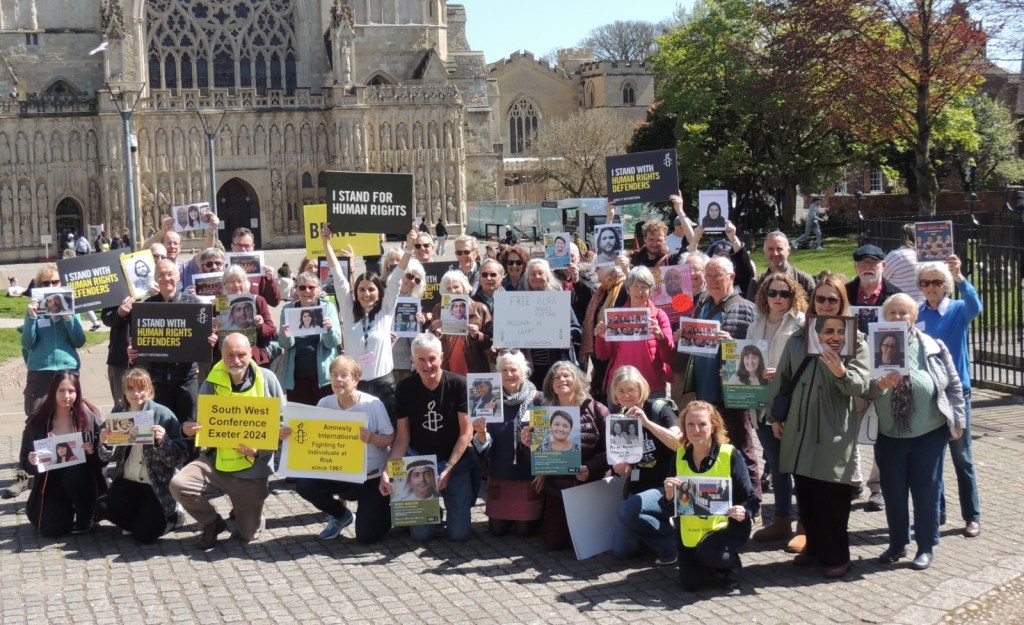Immigration, refugees and Rwanda still hot topics
May 2024
Immigration and asylum issues continue to exercise politicians and sections of the media and flights to Rwanda edge closer. We are grateful for this report produced by group member Andrew.
The Safety of Rwanda (Asylum and Immigration) Act finally became law on 25th April. Since then, two pre-action letters have been sent (i.e. indicating intent to take the matter to court) from the FDA Union (on the grounds that civil servants cannot be expected to break international law) and Asylum Aid (claiming the legislation breaks with international law.)
It is reported that the Home Office is already rounding up refugees to send to Rwanda. As a result many are going into missing or into hiding – or moving to Ireland. It has also been said that countries under investigation as possible destinations include Armenia, Ivory Coast, Costa Rica and Botswana. (Costa Rica has forcefully denied any such idea.)
A further aspect of the legislation is that Rwanda is a ‘monist’ country, meaning that it takes international law directly into domestic law. This could mean that, if it is recognised that the Act breaks international law, it will, therefore, break Rwanda domestic law.
The Oslo Peace Research Institute has surveyed the effect of warnings about migration rules as they affect third world countries. Knowledge of the situation to be faced in Europe varies, but most communities are aware of messaging not to travel. The effect on young adults has been minimal; indeed in some cases a better understanding of the bar on migrants has tended to raise expectations.
There has been a big increase this year in arrivals from Vietnam, higher even than among Afghans. Vietnam is known as one of the worst countries for modern slavery, so trafficking appears to be rife.
The All-Party Parliamentary Groups on Poverty and Migration combined this month to produce a report on the effect of recent migration laws. They considered that it was hard not to conclude that pushing claimants into poverty was a deliberate attempt at a deterrent. They recommended several changes to the processing of immigrants. The view that deterrence is not working is endorsed by this week’s report by some Calais-based charities, who note that heavy-handed action by French police to prevent the boats has encouraged the migrants to take to the boats more recklessly so as to avoid them, with dangerous consequences. This police action is funded by the British Government.
The latest numbers of arrivals have been reduced by bad weather – an increase is expected. 1st May saw 711 arrive by boat. The backlog of claimants awaiting processing was 83,000 in mid-April; the rate of processing has slowed in the last six months (the pre-2022 backlog, which the Prime Minister claimed had been cleared, still contains 2,300 people.) The Refugee Council anticipate that, under the new laws, 94,000 are likely to be in permanent limbo by the end of the year. Homelessness is also on the increase as asylum seekers are ejected from hotels after their claim is accepted. Finally, the conditions in the Bibby Stockholm have been described as ‘prison-like’ with severe overcrowding. An FOI request this week revealed that 1,871 children, who may be victims of modern slavery, have dropped off the register meant to support them up to the age of 18.
A depressing picture.
It was agreed the Group would monitor events for information on any proposed flights to Rwanda with a view to taking action, as previously, should Boscombe Down be the chosen airfield for departure.








